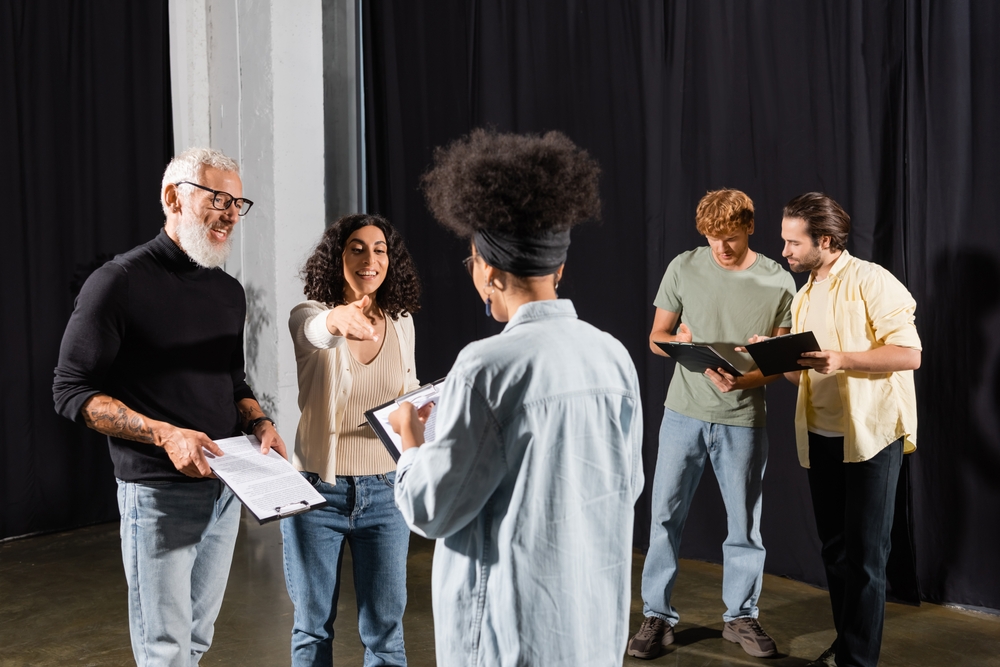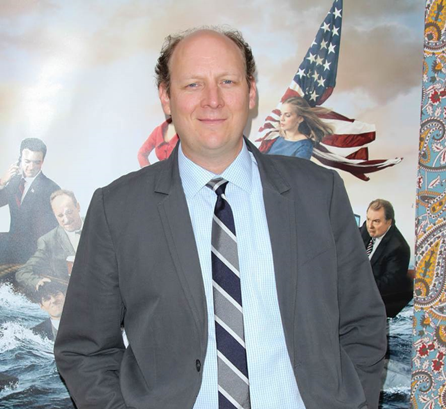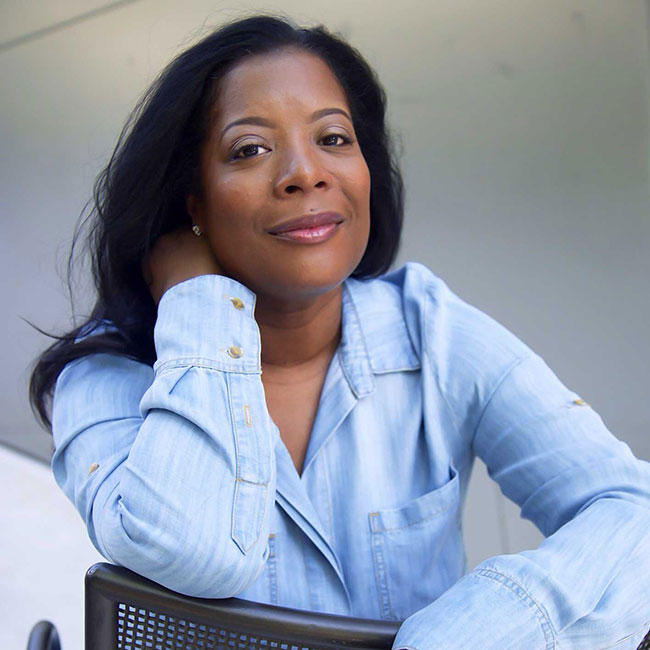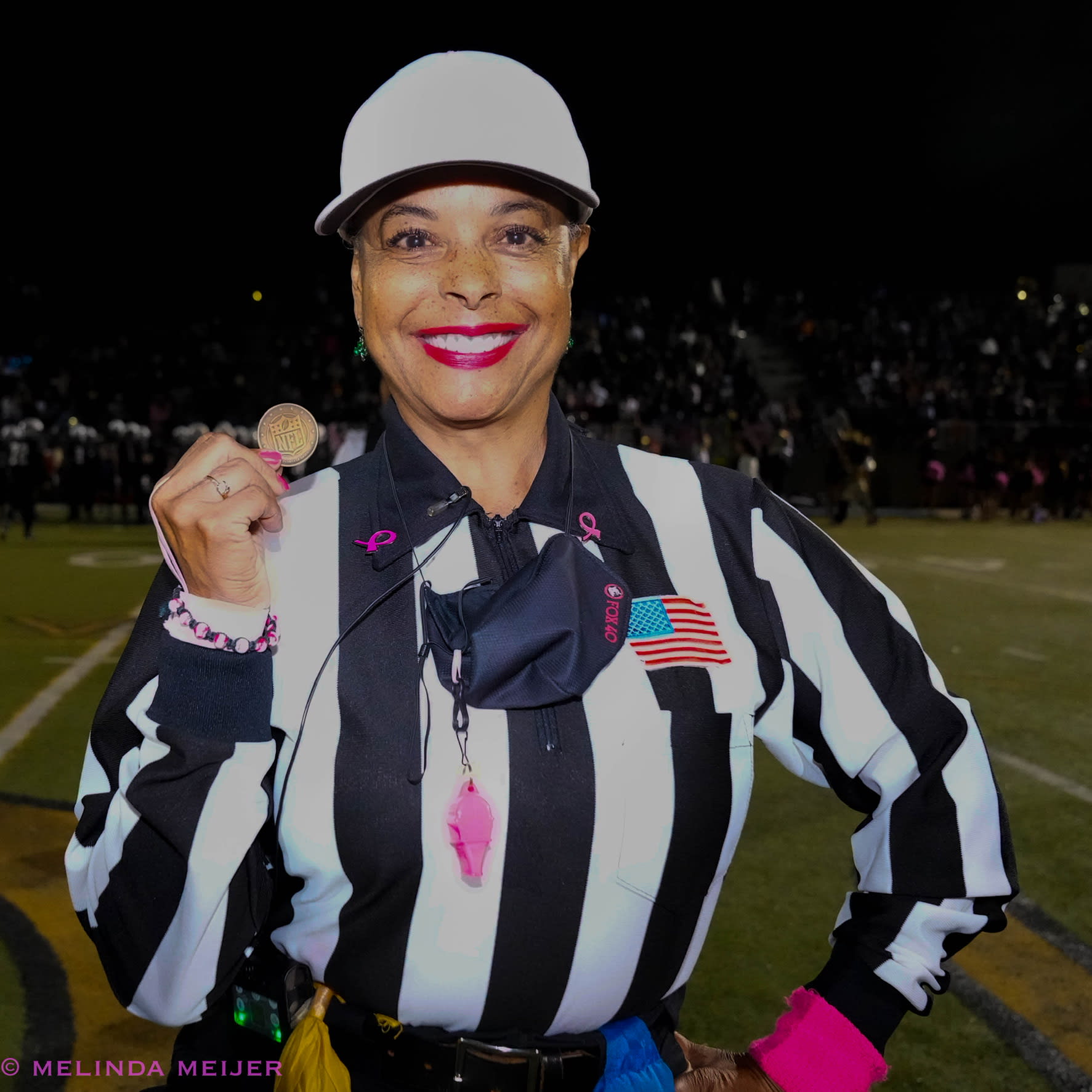Actor Marc Menchaca Talks ‘Ozark’, ‘Curb Your Enthusiasm’ and More
Some actors will give you confidence in the quality of a project just by appearing in it. Actors like Marc Menchaca, for instance, whose taste in roles tends to be pretty strong. Whether he’s playing a killer in the indie survival flick Alone, a submarine captain in Tom Clancy’s Jack Ryan, the villainous Russ Langmore in Ozark, or even Klansman Joe in an episode of Curb Your Enthusiasm, Menchaca chooses great roles. He also brings a unique level of intensity that separates him from other actors. Whether he’s playing the lead or a supporting role, you know you’re going to get something very, very interesting.
His latest is as undercover FBI agent Sidney Clark in the Apple TV+ limited series The Big Cigar, about the life of legendary Black Panther founder Huey P. Newton. The first two episodes of the six episode series drop on May 17. He spoke to us from Cologne, Germany, where he was wrapping up filming on the thriller The Fisherwoman, in which he stars with Emma Thompson and Judy Greer.
How did you start acting?
I started in college. I had seen Dead Poets Society, and I couldn’t get that movie out of my head and how it made me feel, and also thinking, I want to do that for people. I mean, I was at Texas A&M, one of the least creative schools, as far as art goes. They’ve started a new school focusing on the arts, but it was pretty barren when I was there. I did my first play at A&M, then went to Circle in the Square the summer after my sophomore year. I took an acting class when I got back to school, then I was like, I’m not going to take any more acting classes here. Because it was just pretty terrible. I did do some community theater.
What was the next step? Because I would imagine it was pretty daunting.
Yeah, it was very daunting. I wasn’t sure where I was gonna go. A distant cousin of my dad’s became a director, and my dad put me in touch with him. He gave me the talk that thousands of actors have been given, telling me, “Don’t do it, but if you’re going to do it, you should go to New York and study.” I ended up moving to Austin after college, because there was a lot of film production there. I got a few jobs and, because it’s a right to work state, qualified for SAG.
I probably stayed a little longer than I wanted to in Austin, because I was taking care of this kid with cerebral palsy. I ended up developing a really great relationship with him and I didn’t want to leave him and and then finally, my acting teacher, after class one day, said go to New York, study at the Esper Studio. Eventually, I went. I didn’t try to work or anything while I was doing it. I was just fully immersed. I wanted to take in as much as I could. Then I started pounding the pavement afterwards.
I knew Bill. Great guy and amazing teacher. People swear by his technique. His wife Suzanne, too.
I’m extremely grateful for that program. It changed my life. I came out of there a different person. I mean, you definitely get to know who you are in that program. Or start to know who you are.
What do you think is the most important thing you took from the program?
Preparation, for one. Also, learning to fantasize about those things that are the most important, whether they’re taken away or given to you or whatever. We were doing a scene the other day and I didn’t realize I was expecting the other person to come to the door, but I just need to be doing what I’m doing. The text is there, and I have this job to do. Whatever I’ve given myself to do. I should not expect the other person to come to the door. It’s fun to do that as an exercise. Forget the fact that the script says this, you have something that you’re doing, an action, and if somebody interrupts you, then we do the scene from there.
That’s interesting. Having seen your work, you always seem prepared to go places that I think a lot of actors would be afraid of.
Thanks. That’s very kind of you to say. I was thinking the other day. I’m just finishing up this film, and I’ve had to two of the most challenging scenes I’ve ever done. I was completely terrified of doing them. From the emotional prep of the scene to the physicality and the impediments. It was all this stuff boiled into these two scenes, and after I did them, I thought, I don’t want to not be taking chances.
It’s not exciting for me. I would rather swing for the fences and fall on my face than do something that I’m not going to be excited about. I think it’s why I became an actor. I mean, sure, it’s great to make money and have a steady job, but I’ve somehow, not entirely of my choosing, been able to just kind of land in these jobs that are maybe one season of a show or a small arc on a show that I get to stretch myself as an actor.
What can you tell me about your role in The Big Cigar?
I play Sidney Clark, an FBI agent who’s undercover, trying to catch Huey P. Newton. It was a super fun experience. I always want to find the humanity in the character, why they have a real need to be doing something. Probably my favorite moment in the show was a scene where the character has a moment of truth and realization in what he’s been doing. He may not stick to his guns on that truth, but because he had a mission, he was going to finish it through to the end no matter what.
But finding those moments of, “Why am I doing this? The sacrifices in my life that I’ve made in order to pursue, whether it’s Huey P. Newton or whomever, what you don’t get in life, the relationships that you don’t have, and the things that you have to hide about yourself,” that was a fun problem to figure out, and hopefully adds to the performance. I would think it would be an incredibly fun job to be an undercover FBI agent, but what do you sacrifice to fulfill it and not have some regular job? I guess you could say the same thing about actors.
Casting directors use Casting Networks every day to discover people like you. Sign up or log in today to get one step closer to your next role.
You may also like:
- Comedy All-Star Dan Bakkedahl Talks ‘Veep,’ ‘Legit’ and ‘Dinner with the Parents’
- Casting Director Leah Daniels-Butler Talks Casting Apple TV+’s ‘Manhunt’ and Her Approach to Historical Dramas
- Success Story: How a Referee Outfit Helps Crystal Nichols Score Touchdown-Worthy Commercials




